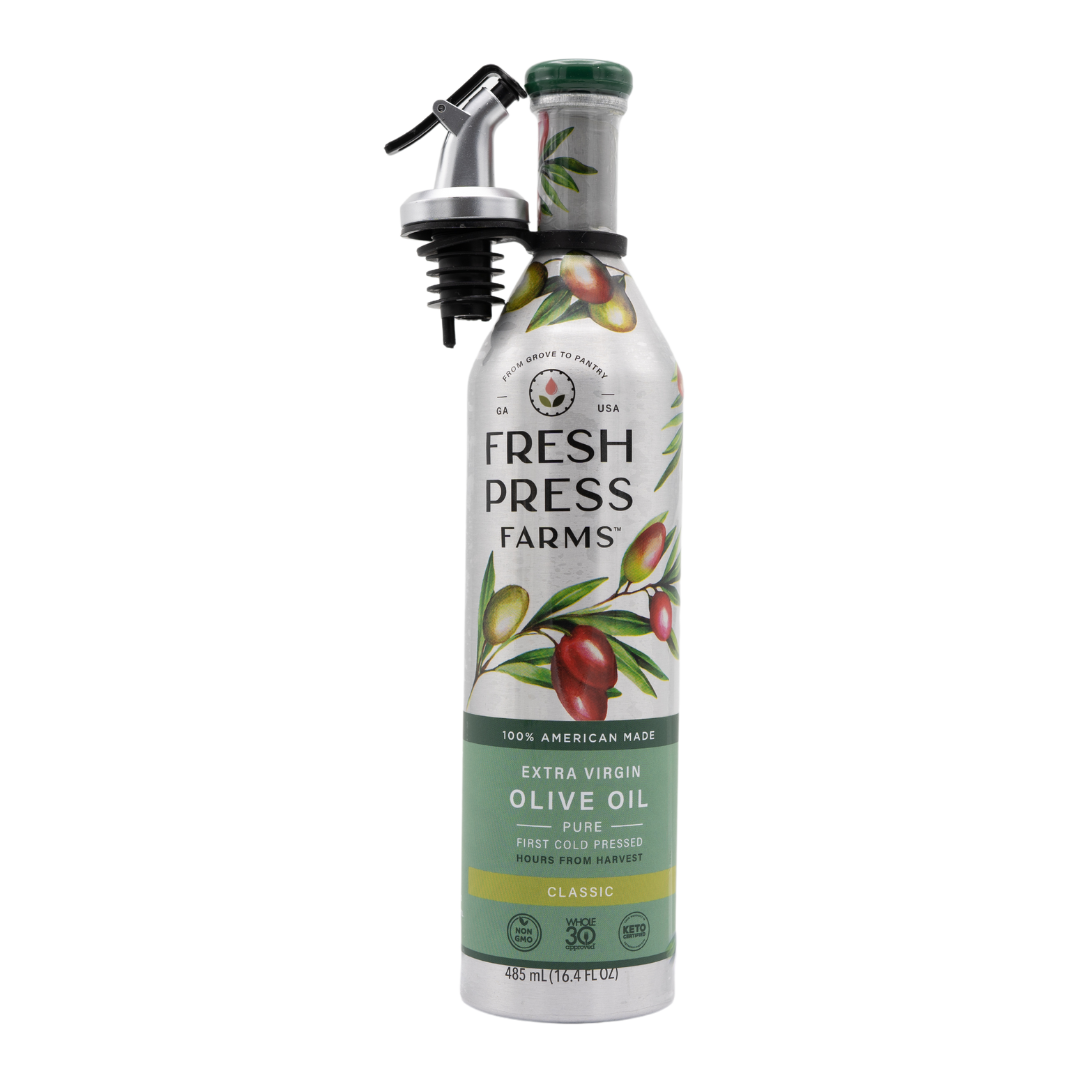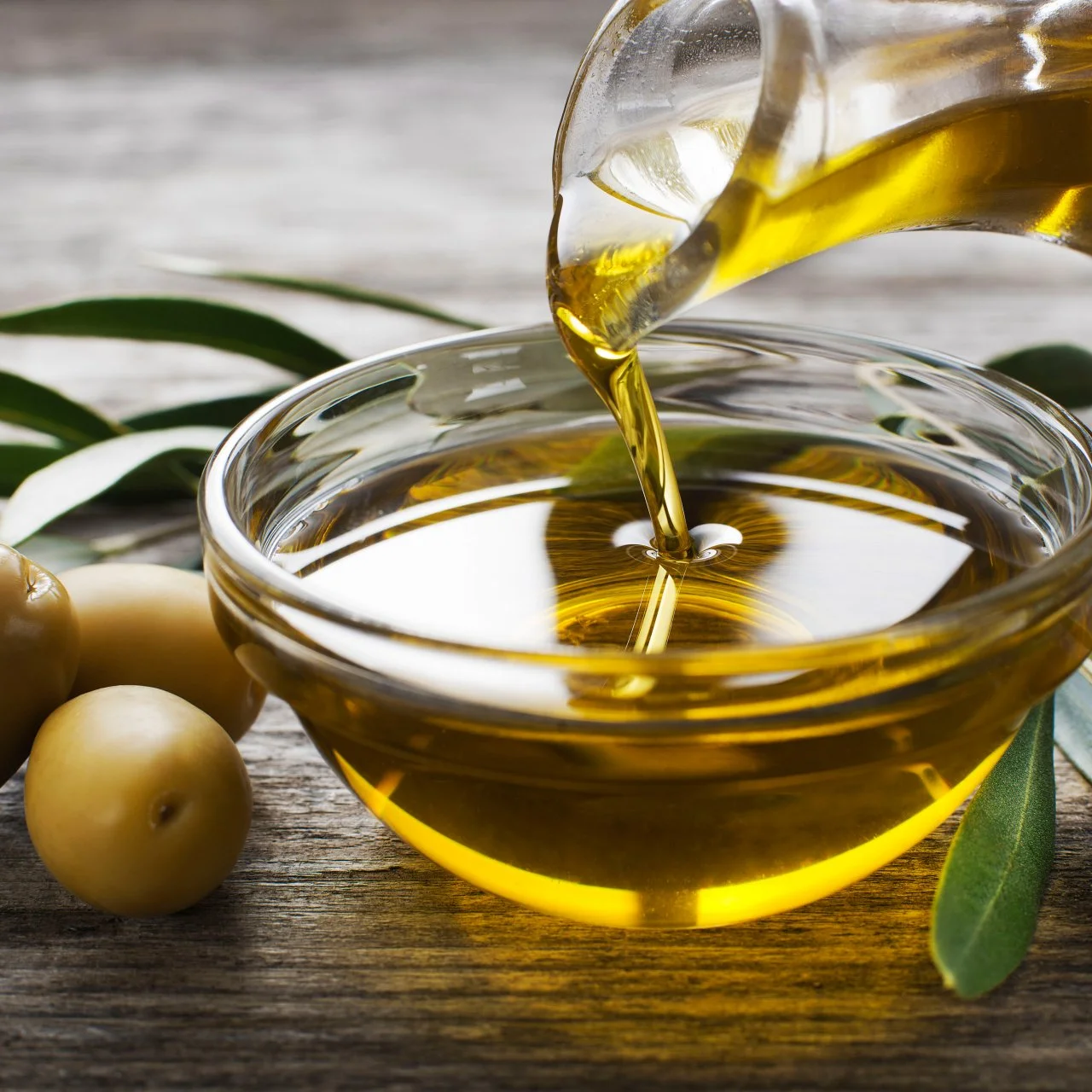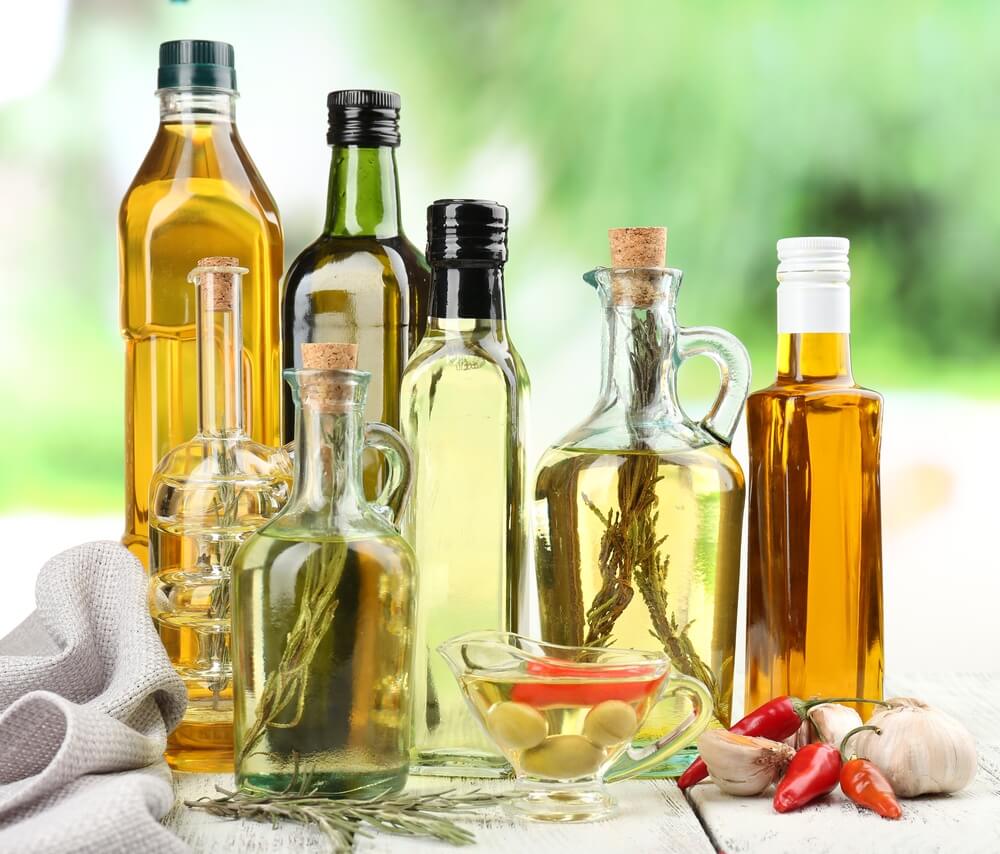Extra Virgin Olive Oil Benefits: A Powerful Antioxidant for Your Body
Extra Virgin Olive Oil Benefits: A Powerful Antioxidant for Your Body
Blog Article
Exploring the Different Sorts Of Olive Oil and Their Uses, Including Additional Virgin Olive Oil
The expedition of olive oil encompasses a diverse variety of kinds, each offering distinctive tastes and cooking applications. Additional virgin olive oil, renowned for its superior high quality and wellness benefits, serves as a staple in several cooking areas, yet it is just one element of this diverse component.
What Is Olive Oil?
Stemmed from the fruit of the olive tree, olive oil is a staple in Mediterranean food and a crucial ingredient in numerous cooking applications. This flexible oil is created by pressing whole olives, leading to a liquid that differs in flavor, scent, and color depending on the type of olives made use of, the region of cultivation, and the extraction procedure. Olive oil is mostly made up of monounsaturated fats, especially oleic acid, which is recognized for its potential wellness advantages, including anti-inflammatory properties and cardio assistance.
Along with its cooking usages, olive oil has a long history of application in conventional medicine and skin care, owing to its abundant antioxidant material (extra virgin olive oil benefits). The oil is usually made use of in dressings, sauces, and for cooking methods such as sautéing and roasting. Its distinctive taste account can improve the taste of numerous dishes, making it a crucial component for both home cooks and professional chefs
Additionally, olive oil is celebrated for its duty in the Mediterranean diet, which is related to countless wellness benefits. As recognition of these advantages expands, olive oil remains to obtain appeal worldwide as an essential element of a healthy way of living.
Types of Olive Oil
Recognizing the numerous sorts of olive oil is important for both health-conscious consumers and culinary fanatics. Olive oil is classified primarily based on its extraction method and high quality, which significantly affects its health and wellness, flavor, and fragrance benefits.

Light olive oil, regardless of its name, refers to a lighter flavor and not lower calories. It is suitable for those seeking a more refined preference in dressings and sauces. Additionally, there are flavored olive oils infused with natural herbs, flavors, or citrus, which can improve meals without the demand for additional seasoning.
Each kind of olive oil serves particular culinary objectives, and understanding these differences permits consumers to make enlightened selections that straighten with their food preparation styles and wellness objectives.
Additional Virgin Olive Oil
Additional virgin olive oil (EVOO) is commonly related to as the best quality olive oil offered, popular for its abundant taste and countless health advantages. To be classified as added virgin, the oil has to be created from fresh olives using mechanical procedures, without making use of solvents or excessive heat. This browse around here precise technique preserves the oil's natural flavors, anti-oxidants, and healthy fats, resulting in a product with a low level of acidity degree of less than 0.8%.
EVOO is plentiful in monounsaturated fats, especially oleic acid, which is linked to minimized inflammation and improved heart health and wellness. It likewise contains polyphenols, effective antioxidants that may supply protective effects versus chronic conditions. The flavor account of EVOO can vary dramatically depending upon the olive range and area of production, varying from verdant and fruity to durable and sharp.

Culinary Use Olive Oil

In food preparation, olive oil can be used for sautéing, roasting, and cooking, giving a healthier choice to butter or other fats. Its high smoke point makes it appropriate for various cooking approaches, while its antioxidants add to a heart-healthy diet regimen. Sprinkling olive oil over finished meals, such as pasta, fish, or barbequed veggies, can elevate flavors and include a touch of elegance.
Furthermore, olive oil plays a significant function in cooking, where it can change standard look at here now fats in recipes for bread and view website pastries, giving moisture and a subtle taste. It also serves as a base for infused oils, enabling cooks to explore tastes such as garlic, herbs, or chili, better expanding its cooking potential. In general, olive oil's versatility makes it vital in both home and professional kitchen areas.
Choosing High Quality Olive Oil
When choosing high quality olive oil, it's vital to think about several vital variables that affect the item's taste, aroma, and health and wellness advantages. Opt for extra virgin olive oil (EVOO), which is obtained from the initial cool pushing of olives and includes the highest possible levels of antioxidants and valuable substances. Look for oils that are accredited by acknowledged organizations, as this frequently makes certain adherence to rigid high quality criteria.
The product packaging also plays a considerable function in maintaining the oil's integrity. Pick oils saved in dark glass containers or tins to shield against light deterioration. Pay focus to the harvest day; fresher oils provide remarkable taste and dietary worth, so choose items that are within 18 months of their harvest.
Be aware of the taste; an excellent top quality olive oil should have a balance of fruity, bitter, and peppery notes, suggesting its splendor and complexity. By evaluating these variables, you can ensure you are choosing the finest olive oil for your culinary needs.
Final Thought
In recap, the exploration of different kinds of olive oil reveals distinctive features and applications, with added virgin olive oil standing for the peak of quality due to its low level of acidity and high antioxidant material. Comprehending the different ranges of olive oil allows for educated options in cooking techniques, promoting much healthier techniques while improving the general gastronomic experience.
Derived from the fruit of the olive tree, olive oil is a staple in Mediterranean food and a key active ingredient in numerous culinary applications.The most common kinds of olive oil include refined olive oil, pure olive oil, and light olive oil.Additional virgin olive oil (EVOO) is extensively regarded as the highest possible quality olive oil available, well known for its rich taste and countless wellness advantages. Opt for added virgin olive oil (EVOO), which is acquired from the very first cold pressing of olives and has the highest levels of antioxidants and helpful substances.In recap, the expedition of various types of olive oil exposes distinct qualities and applications, with added virgin olive oil standing for the pinnacle of quality due to its reduced level of acidity and high antioxidant material.
Report this page